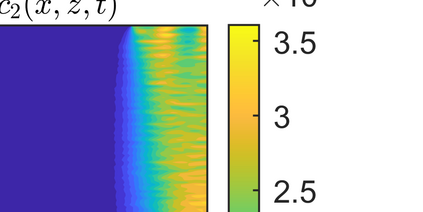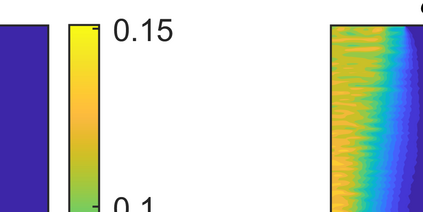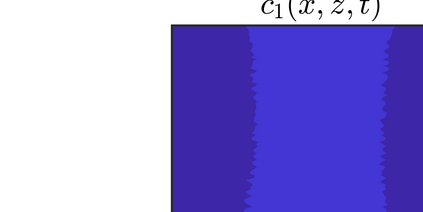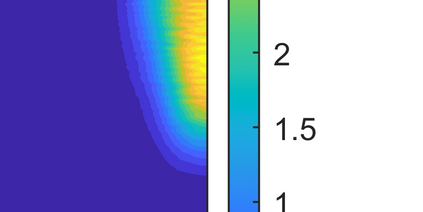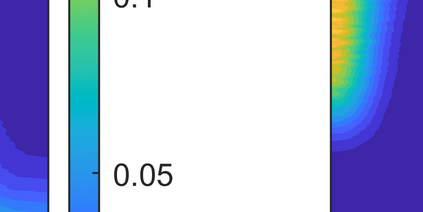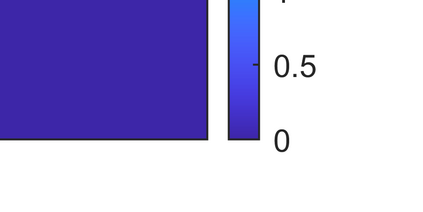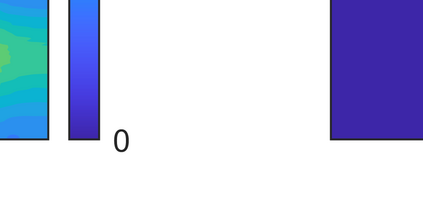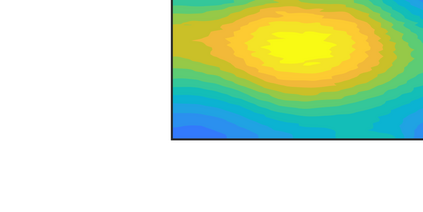Reactive transport in saturated/unsaturated porous media is numerically upscaled to the space-time scale of a hypothetical measurement through coarse grained space-time (CGST) averages. The one-dimensional reactive transport is modeled at the fine-grained Darcy scale by the actual number of molecules involved in reactions which undergo advective and diffusive movements described by global random walk (GRW) simulations. The CGST averages verify identities similar to a local scale balance equation which allow us to derive expressions for the flow velocity and the intrinsic diffusion coefficient in terms of averaged microscopic quantities. The latter are further used to verify the CGST-GRW numerical approach. The upscaling approach is applied to biodegradation processes in saturated aquifers and variably saturated soils and the CGST averages are compared to classical volume averages. One finds that if the process is characterized by slow variations in time, as in homogeneous systems or in case of observations of reactive transport in heterogeneous aquifers made at large times or far away from the contaminant source, the differences between the two averages are negligible. Instead, the differences are significant if the averages are computed close to the source at early times, in case of aquifer simulations, and can be extremely large in simulations of biodegradation in soils. In the latter case, the volume average is totally inappropriate as model for experimental measurements, leading for instance to overestimations by 100% of the CGST average.
翻译:在饱和/不饱和的多孔介质中,静态回流在数字上提升到假设测量的时空尺度,通过粗微的时空(CGST)平均值进行假设测量的时空尺度。一维活性迁移以细微的达西尺度为模型,由全球随机行走模拟(GRW)所描述的适应和不饱和移动反应中涉及的实际分子数量组成。CGST平均值验证与本地比例平衡方程式相似的身份,该方程式允许我们以平均微粒数量来得出流动速度和内在扩散系数的表达方式。后者进一步用于核查CGST-GRW数字方法。在饱和和饱和土壤中,对生物降解过程的实际变化过程,采用100倍的分子数量,与典型的体积平均数相比较。如果过程的模型在时间上变化较慢,例如同质系统,或者在与污染物源相比较大或很远处的多位含水层的回流速度的观察,那么,在模拟中,在两次平均的土壤降解过程中,前者的差异是微不足道的。在生物降解中,在生物降解的早期是相当的。





